MON – FRI (8am - 6pm)
When USCIS receives a VAWA petition, the initial review process begins. At this stage, USCIS officers assess VAWA petitions to determine if Form I-360 and the accompanying evidence meet the basic eligibility criteria. This involves verifying the petitioner's relationship with the abuser, ensuring that the abuse meets the required threshold, and confirming the petitioner's moral character.
If any documentation is missing or unclear, USCIS may issue a Request for Evidence (RFE), this is how does USCIS investigate VAWA. Petitioners must submit evidence like marriage certificates, police reports, and affidavits to support their claims. For legal expertise, contact Serving Immigrants today.
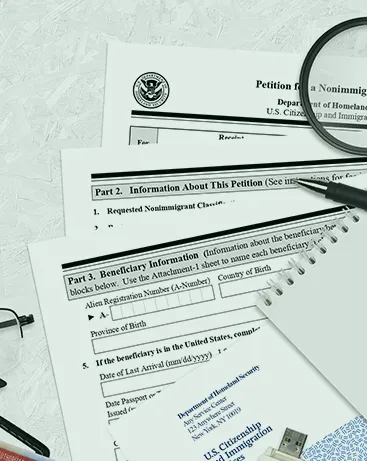
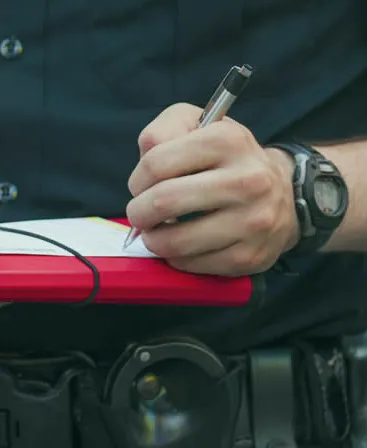
An RFE is a common tool used by USCIS to request additional documents or information to complete a VAWA petition. The issuance of an RFE demonstrates how does USCIS investigate VAWA when more evidence is required. Petitioners typically have a specified time frame to respond, usually within 87 days.
Responding accurately and providing the requested documents is essential to avoiding delays or denials, showing how does USCIS investigate VAWA when evidence is insufficient.
Common documents requested include police reports, witness statements, or proof of cohabitation with the abuser. Petitioners may also need to clarify inconsistencies, and working with an expert attorney can ensure that responses are comprehensive.
A significant aspect of how does USCIS investigate VAWA involves background checks. Petitioners are required to undergo fingerprinting, which allows USCIS to collect biometric data.
This data is run through federal databases like those maintained by the FBI and Department of Homeland Security, it also uncovers any hidden criminal history that might affect the petitioner’s eligibility. How does USCIS investigate VAWA petitions includes ensuring there are no existing immigration issues that could complicate the case.
Another aspect of how does USCIS investigate VAWA involves cross-referencing background information with other federal, state, and local law enforcement agencies. This collaboration helps USCIS validate the information provided by the petitioner. For example, USCIS may verify claims of abuse through police records or restraining orders, showing how does USCIS investigate VAWA claims for accuracy.
Cross-referencing becomes particularly important when petitioners do not have access to specific evidence. USCIS’s ability to gather a full picture of the case shows how does USCIS investigate VAWA petitions in complex scenarios.
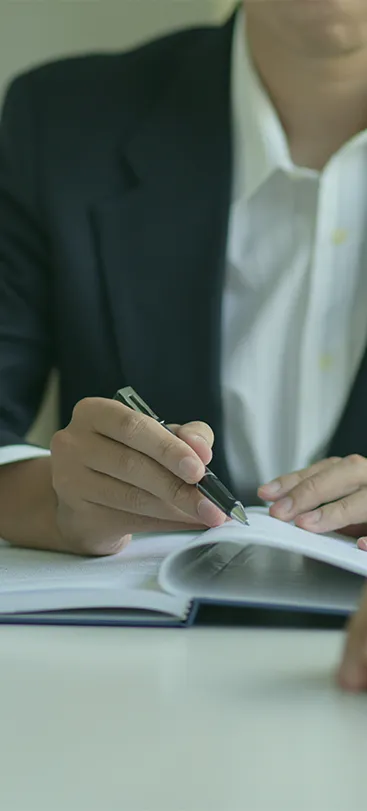
A critical component of how does USCIS investigate VAWA petitions is the verification of abuse claims. Official reports, such as police records documenting incidents of domestic violence, are among the most compelling forms of evidence. These reports help establish a timeline of abuse.
Medical records detailing injuries caused by the abuse are also vital, showcasing how does USCIS investigate VAWA petitions by reviewing professional, unbiased sources of information. Petitioners are encouraged to gather as much documentation as possible. Have legal questions? Contact Serving Immigrants.
When official documents like police or medical reports are unavailable, personal affidavits play a key role in how does USCIS investigate VAWA. Petitioners can provide detailed written accounts describing the abuse they endured. These statements give firsthand insight into the emotional, physical, and psychological effects of the abuse.
Affidavits from close friends, family members, or professionals like counselors help support the petition. How does USCIS investigate VAWA includes evaluating personal statements for consistency and credibility. Detailed affidavits help USCIS understand the broader context of the abuse, providing a comprehensive look even in the absence of official records. Looking for legal help? Serving Immigrants is here to assist you.
In the following sections, we’ll provide helpful tips on the interview requests required by VAWA and additional related information.
Interviews are another key component of how does USCIS investigate VAWA. While interviews are not mandatory for every case, USCIS may request one if additional clarification is needed.
During the interview, petitioners can provide further explanations regarding the abuse or clarify aspects of their relationship history. Having an expert attorney present can help with the preparation for the interview.
How does USCIS investigate VAWA cases through interviews includes sensitive handling by trained officers. They understand the trauma victims may have experienced and ask respectful questions to avoid re-traumatization. This manner ensures petitioners can present their case freely and without fear of intimidation.
Petitioners are not required to confront their abusers during these interviews, and precautions are taken to maintain confidentiality. USCIS prioritizes the emotional well-being of petitioners.
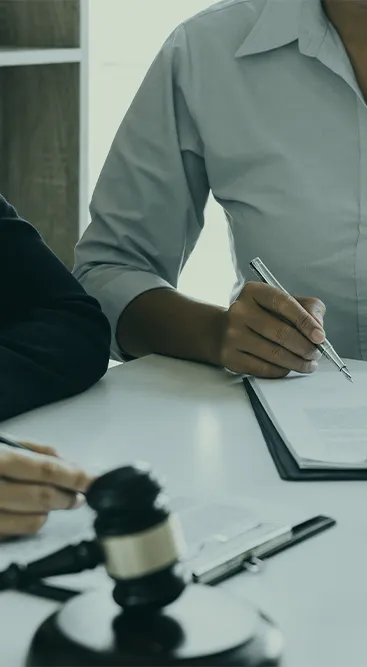
USCIS has a specific process for conducting background checks, which is a crucial step in getting full approval. For more details, keep reading.
How does USCIS investigate VAWA includes collecting biometric data, such as fingerprints, to run background checks. USCIS uses this information to verify the petitioner's identity and check for any disqualifying criminal history.
If criminal history or immigration violations are found, USCIS investigates each case to reach conclusions. Petitioners may still qualify for VAWA protection if the offenses are minor or outdated, showing how does USCIS investigate VAWA with a balanced approach.
Forensic psychological evaluations are often crucial in how does USCIS investigate VAWA petitions, particularly in cases lacking physical evidence of abuse. Licensed forensic psychologists assess the mental and emotional impact of the abuse on the petitioner, providing expert evaluations.
Forensic psychologists play a significant role in how does USCIS investigate VAWA cases by aligning their evaluations with legal standards. These professionals are trained to provide detailed reports that explain the dynamics of abuse, lending credibility to the petition.
How does USCIS investigate VAWA often involves relying on expert testimony from forensic psychologists to understand the full scope of the abuse.
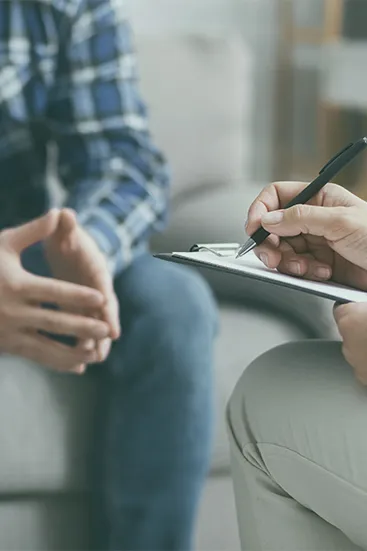
How does USCIS investigate VAWA involves proving the relationship between the petitioner and the abuser. Petitioners are required to submit official documents such as marriage certificates or birth certificates to establish the validity of the relationship. This step is crucial in to confirm that the abuse occurred within a qualifying relationship.
How does USCIS investigate VAWA includes reviewing evidence of shared life, such as joint bank accounts, rental agreements, or utility bills. USCIS looks for signs that the petitioner and abuser cohabited shared responsibilities.
This evidence helps substantiate claims that the abuse occurred within a domestic setting, which is crucial for VAWA eligibility. Photos of the couple or family, letters, and other personal items may also be submitted to provide further proof of the relationship.
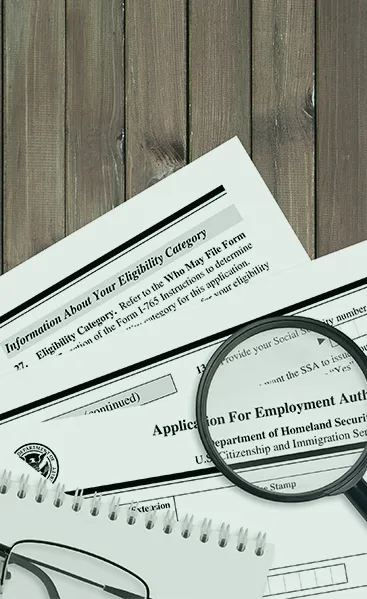
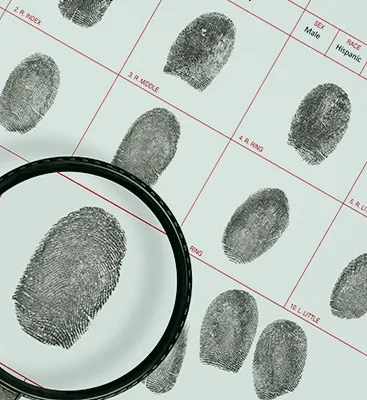
USCIS reviews background checks and records from law enforcement agencies to evaluate whether the petitioner’s history disqualifies them from VAWA relief.
USCIS investigation also involves weighing the severity and relevance of any offenses. While minor infractions generally do not impact the outcome, more serious convictions can complicate the petition.
In addition to criminal records, how does USCIS investigate VAWA involves considering the petitioner’s involvement in their community. Petitioners can submit letters of support from community leaders or organizations to demonstrate their positive contributions.
This FAQ section covers commonly asked questions about how USCIS investigates VAWA and related topics.
Interviews are not mandatory for every VAWA petition, but USCIS may request one if additional clarification is needed. During the interview, petitioners are given the opportunity to explain their situation in more detail, address any inconsistencies, and provide further evidence if necessary. USCIS officers handling VAWA interviews are trained to approach these cases with sensitivity to avoid re-traumatizing the petitioner.
No, USCIS does not notify the abuser about a VAWA petition. Confidentiality is a key part of the VAWA process to ensure the petitioner’s safety. USCIS will not contact the abuser or share any information regarding the petition with them.
Personal affidavits are crucial in VAWA investigations, especially when official documents like police or medical reports are unavailable. These affidavits allow the petitioner and witnesses to describe the abuse in detail, providing USCIS with a firsthand account of the events. Personal affidavits should be consistent and well-documented to strengthen the petitioner’s case.
After USCIS approves a VAWA petition, the petitioner becomes eligible for certain immigration benefits, including protection from deportation and the ability to apply for work authorization. In many cases, approved petitioners can also apply for adjustment of status (Form I-485) to become lawful permanent residents (green card holders). Approval also extends to certain derivative beneficiaries, such as the petitioner’s children, who may also qualify for immigration benefits. For a full explanation of Green Card for VAWA Self-Petitioner, click here.